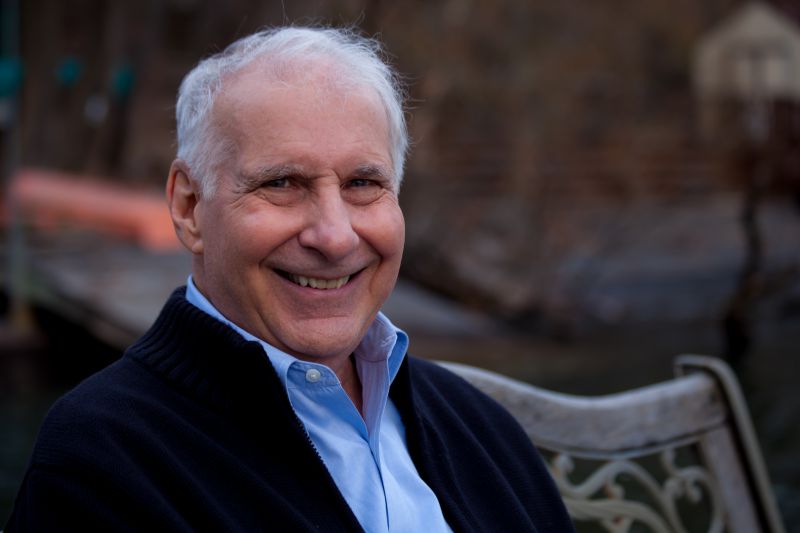Wesbecker Product Liability Case Against Eli Lilly
- May 7, 2008
- / Admin
- / legal

In the early 1990s Dr. Breggin was selected to be the scientific and medical expert for all of the more than 100 combined Prozac-related cases brought against the manufacturer, Eli Lilly and Company (makers of Prozac®). Dr. Breggin was asked to evaluate for the plaintiffs the scientific basis for the claim that Prozac was causing violence and suicide, and also to evaluate the drug company's potential negligence in the development and marketing of Prozac, including any attempts to hide the risk of Prozac-induced suicide and violence. He was also asked to evaluate individual cases for their merit.
In 1994 Dr. Breggin testified in the first Prozac case to go to trial, the Wesbecker case.
Joseph Wesbecker was on Prozac in September 1989 when he walked into his workplace, a Louisville, KY printing plant, shot dead eight colleagues, wounded 12 others, and killed himself. Survivors and relatives of the dead took Lilly to court in 1994. They claimed that Wesbecker's violence was due to Prozac.
In the process of serving as the expert medical witness in this case, Dr. Breggin evaluated and testified about a number of key documents (all of which are available below as PDFs). At first, the trial was apparently won by Eli Lilly -- the jury found that Prozac was not at fault --but the judge later determined that the trial had been rigged; Eli Lilly had paid the plaintiffs to throw the trial by withholding damaging evidence against the company. Dr. Breggin describes his participation in this dramatic case in detail in his latest book, Medication Madness (July 2008).
For many years after the fixed trial, plaintiffs, attorneys and even the FDA remained unaware of many of the documents Breggin had discovered and/or evaluated. Then in 2004, an anonymous individual sent the documents to the British Medical Journal (BMJ), who published an article about them and also distributed them. When Eli Lilly forced the BMJ to apologize for suggesting that the documents had "disappeared" while in Eli Lilly's care, Breggin wrote an unpublished letter to BMJ explaining how the documents had indeed disappeared (available below). Though criticizing BMJ for saying that the company had in effect hidden the smoking guns, Eli Lilly never actually contested the allegations surrounding the documents -- that the drug company had withheld evidence that Prozac caused suicide.
 Psychiatric Reform Accomplishments
Psychiatric Reform Accomplishments